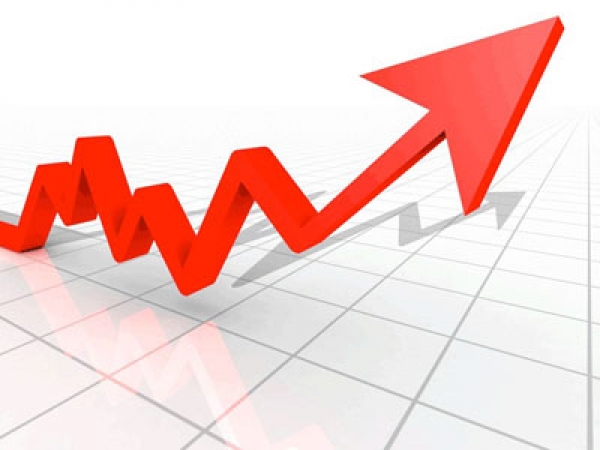Sri Lanka is projected to grow by 5.3% in 2021, showcasing a strong turnaround from contracted growth this year, with recent ratings downgrades having limited impact on debt sustainability and possibly even being reversed at the end of next year, Nation Lanka Equities said in a report.
The report predicts GDP to grow 5.3% Y-o-Y in 2021, slightly below the Sri Lankan Government’s estimate of 5.5% but ahead of several international rating agencies.
Recovering from a degrowth in 2020, the small and resilient $ 80 billion economy could easily jumpstart with reopening for tourism, locally funded infrastructure spending and Foreign Direct Investments (FDIs) into Colombo Port City development, the report adds.
“The rating downgrade is painful, however could be revised-up in 4Q2021e. Given Sri Lanka proves itself with repayment ability, GDP growth, boost in reserves and achieving 2021e Budget, which is doable despite challenges,” the report said.
National Lanka Equities also pointed out that the Sri Lankan State was mindful of its reputation of credit worthiness and did not want to seek an International Monetary Fund (IMF) bailout which would entail haircuts for the International Sovereign Bond (ISB) investors, instead was confident of meeting all debt obligations.
Whilst progressively looking at restructuring State-Owned Enterprises (SOEs) and announcing to list State-owned property assets in 2021, the current Government is open to attract FDIs through Build-Own-Operate, Build-Own-Transfer and Public-Private Partnership terms.
The report also noted that the Government had reiterated its commitment to honour all foreign debt repayments and was working on creating a pipeline of foreign fund inflows, which was “encouraging and praiseworthy”.
“A stable Government, a strong positive. Unwavering plans and strategic focus on driving a sustainable +5% GDP growth, 2021-25e is possible with the current Government having a strong track record on successful implementation. Also acting responsibly, the Government remains positive in obtaining necessary bilateral funding.
“Just $ 4 billion per annum is needed for foreign debt repayment. Tourism income usually is above $ 4 billion (and growing) which will fully cover the debt repayment obligations. Even if Sri Lanka generates $ 2.7 billion after opening for tourism in Jan. 2021e and the bilateral plus multilateral credit lines amounting and SWAPS estimated at $ 2.5 billion will cover the repayment commitments in entirety,” the report added.
The Balance of Payments (BoP) could be a surplus of $1 billion in 2021e. With a temporary clamp down on vehicle imports, trade deficit could reach $6.5 billion which would be largely offset by remittances of $5.5 billion (after factoring in a +20% drop YoY in 2021e). And on the back of the Colombo Port City project and the Hambantota Harbour annual FDIs are expected to be north of $ 1.4 billion (whilst even with half of 2020 being affected by economic closures Sri Lanka has YTD raked in $ 345 million of FDIs).
“Even with additional $ 2 billion funding from China, Chinese borrowings are less than 20% of total foreign debt, enabling enough room to manage the debt composition. Also, the Government is keen bring down the total foreign debt to 40% of GDP, from the current 46%, and rely on more domestic funding with the possibility of clamping down the interest cost by c.300 bps. And overall debt to be reduced to 78% of GDP by 2025e, predominantly by boosting GDP growth.”
Local banks are sitting on hefty gains having gobbled up ISBs at around 30% discount whilst supporting the reserve position with domestic ownership. Domestic banks and institutions benefited from the global sell-off of the SL-ISBs and now hold c.40% of the ISB stock of $ 2.5 billion maturing in 2021e and 2022e.
SLDBs (2021 and 2022), with a total face value of $ 2 billion are also about 70% held domestically. “In this backdrop we estimate foreign reserves to be somewhat unchanged around $ 5.8–$ 6.2 billion, end 2021e.




